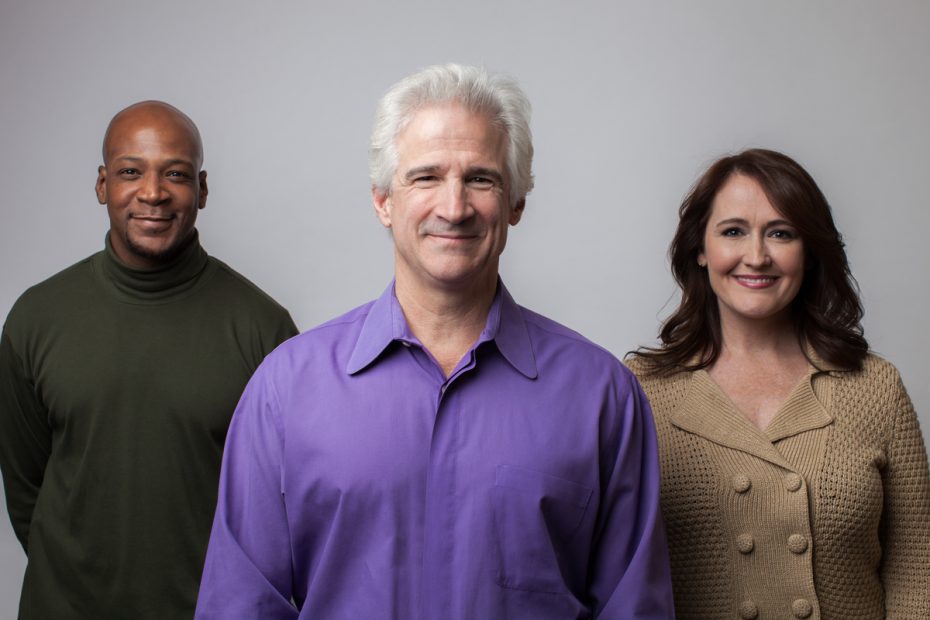Part 4 of a 4 part series
In this blog series, What Your Givers Want to Know (…and likely won’t ask), we’ve been unpacking the top questions your church givers have but won’t ask you. We’ve looked at questions of mission, money, accountability and who’s on the team. We’ve also outlined the times it might make sense to decline a donor’s gift.
Today, we’re going to talk about the consistent questions donors have that pastors and church staff should be seeking to answer on an ongoing basis.
#6: Givers are asking questions of assessment, evaluation and follow-up
I call these the “Will you get back to me?” questions: Will you be reporting back to me on the progress of the project you’ve asked me to support? When will it be done? How will you get back to me? How can you assure me that your reports will be accurate?
Put yourself in the shoes of your faithful givers. How would answers to those questions “feel” to you? How would the church’s neglecting follow-up “feel”?
The number one complaint I hear on the part of major donors is a ministry’s failure to return with a report on the outcome of the investment the donor made in the organization. What does that mean for the church?
Assessment
Donors want to know how your priorities are set, how you make mission and ministry decisions, and how your budget and financial planning happens. How do you handle a program, facility or ministry that is no longer meeting its mission or goals? How do you assess the effectiveness of your ministry or its impact? What voice do your members have in that assessment? Be sure your loyal givers know how you determine projects, campaigns and priorities and how they can learn more.
Evaluation
Even though many of the benefits we offer our members are intangible, deeply meaningful and difficult to quantify, we can still evaluate and share the impact our church ministries are having. Occasional surveys or focus groups, or even just quotes and photos from those participating in our ministries can give us simple ways to ensure we know which programs are helping transform lives and how to showcase those stories to donors.
Follow-up
An important part of what gives a donor a sense of fulfillment is the accomplishment of the project. This is the biggest issue and yet often the hardest thing to get organizations to do consistently and with excellence. Again, this is an area where I see churches too often take their donors for granted.
A simple system of periodic follow-up goes a long way. Handwritten notes, emails, even a simple text message now and then can make givers feel valued. Calendaring those thank yous and follow-ups in the course of the year can be a fun project. Especially if you layer it with the outcomes of what you’re gathering in your assessment. And evaluations of your ministry efforts.
Unfortunately, churches have a poor track record of appropriately thanking donors. Putting a calendar and system of follow-up into place for your year-round stewardship is critical. If you are in a fundraiser for a project or a capital campaign, you’ll need to schedule simple but frequent updates to donors. It’s disheartening to be led to give to a project or fundraiser and then never hear the outcome.
Conclusion
More than anything, pastors and church leaders, remember that donors want this information but are very unlikely to ask you for it. Encourage your staff to help incorporate transparency and answers into your rhythms of communication to address these questions. Doing so will bolster the bonds of trust and the passion your givers have for your church.
Get more information on online giving solutions from ACS Technologies.
Loyal church donors are usually generous to other organizations and charities, too. Those nonprofit causes often do a better job than the church of (1) valuing donors, (2) anticipating and answering their questions, and (3) demonstrating the impact of their giving.
The tools in What Your Givers Want to Know (…and likely won’t ask) will help you and your staff anticipate – and effectively answer – the questions donors have but aren’t likely to ask you. Explore the six things your givers MOST want to know today.
Tim Smith has over 30 years of experience in Church, Non-Profit Administration, Management, and Fund Development. Serving as an Executive Pastor and Chief Development Officer in growing Churches and Non-Profit Organizations has provided a wide range of expertise and resources. Tim serves as Founder and CEO for Non-Profit DNA, a boutique firm committed to helping nonprofits and churches build their capacity through fundraising, leadership, team building, staff recruiting, and coaching.





